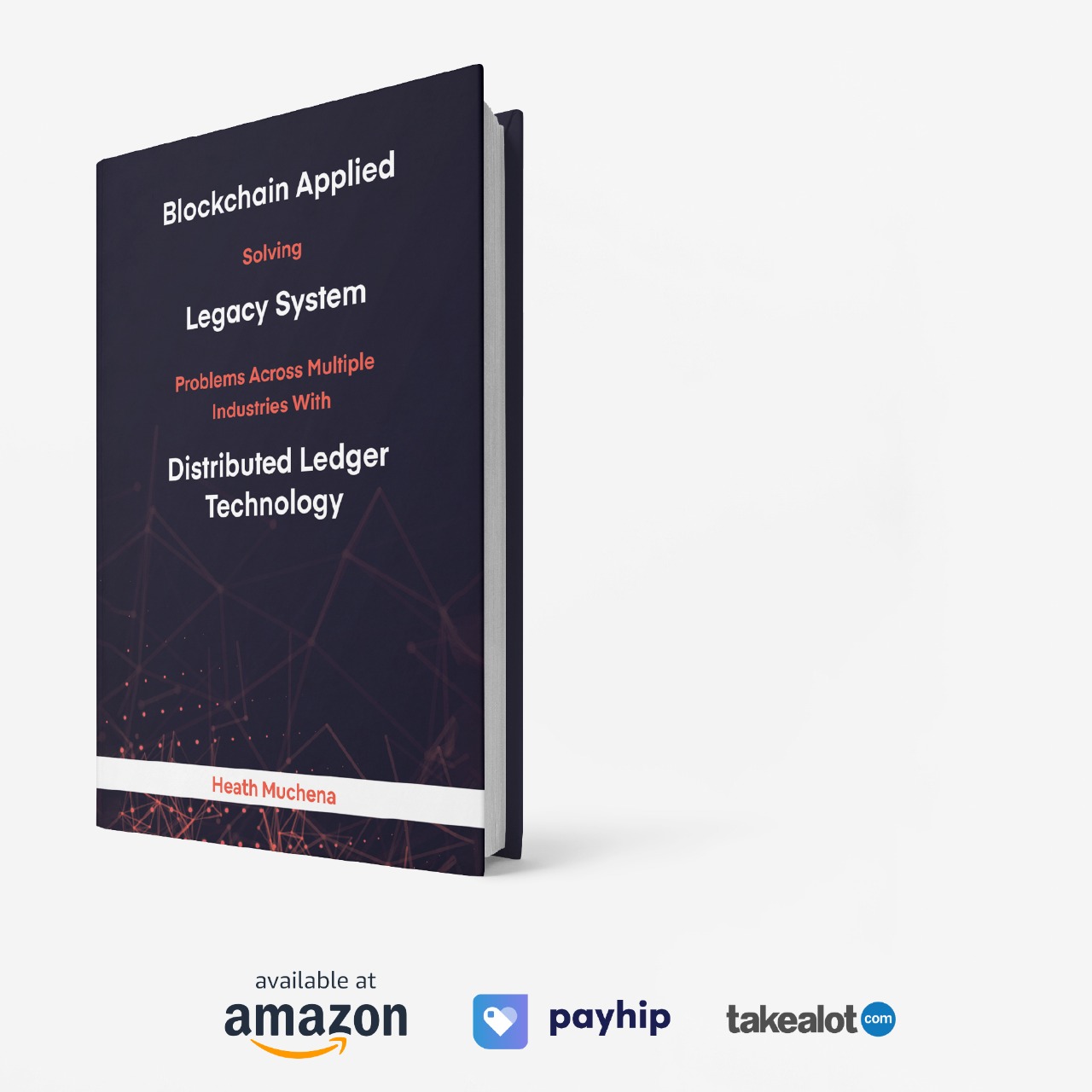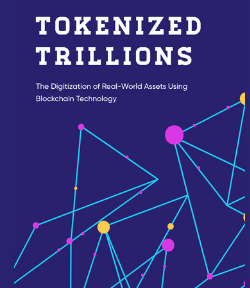
Brazil is one of crypto’s busiest market and also one of the most usable. With near-universal PIX payments, active regulators, and heavyweight local exchanges, getting from BRL to Bitcoin (or staking yields) is quick if you pick the right platform.
Brazil at a glance: payments, policy, and product
-
PIX is king. Brazil’s instant-payment rail has become the default way to fund exchange accounts, with new features (installments, automation) rolling out in 2025 that make it even more competitive with cards.
-
Clear legal footing. Law 14.478/2022 created the national framework for “virtual assets” and VASPs; the Central Bank (BCB) and CVM are finalizing phased rules that build on it. Translation: crypto is legal, but exchanges must follow AML/KYC and operational standards.
-
Local champions exist. Mercado Bitcoin is the region’s largest homegrown exchange, with millions of users and a growing tokenized-assets lineup.
-
Bitcoin ATMs do exist—but are rare. A handful operate in big cities (São Paulo, Rio de Janeiro, etc.). They’re convenient but typically pricier than exchanges.
The 10 platforms Brazilians actually use (and why)
1) Bybit — Best overall for feature set + PIX on-ramp
Portuguese interface, spot/futures/options, copy trading, Earn, and broad BRL deposit options (PIX, transfers, cards). Fees are competitive at ~0.1% spot. Bybit Pay launched locally, tying crypto to day-to-day payments via PIX.
2) Binance — Liquidity leader with deep BRL support
Massive markets, low fees, and robust BRL rails (PIX, cards, P2P). Suits active traders and institutions; broad product range (spot, margin, futures, staking, Launchpad, NFTs).
3) OKX — CEX power + Web3 wallet in one app
OKX runs a dedicated Brazilian entity (OKX Serviços Digitais Ltda.) and supports PIX/BRL. Strong pro tools and an integrated non-custodial wallet for DeFi/NFTs.
4) Mercado Bitcoin — The Brazilian flagship
Founded in São Paulo, heavy on localized products: tokenized real-world assets, curated baskets, staking, and BRL rails. Market-leading local liquidity and a payment-institution license from the BCB bolster trust.
5) Foxbit — PIX-first local exchange
Long-standing BR exchange with quick BRL deposits/withdrawals and straightforward fees for crypto↔BRL pairs. Good fit if you want a Brazil-native team and support.
6) Gate.io — Altcoin explorer’s paradise
Thousands of listings, plus Web3 wallet, staking, and trading bots. Supports BRL top-ups via PIX and cards; great for discovering new assets (with the usual altcoin risks).
7) Bitso — Cross-border and stablecoin-heavy
Licensed as a payment institution and laser-focused on BRL/PIX flows and stablecoin liquidity—useful for remittances and B2B settlements across LatAm corridors.
8) Coinbase — Clean UX + local PIX integration
Well-known security/compliance posture, Portuguese support, and PIX through local partners; ideal for newcomers who value simplicity and governance.
9) Bitget — Futures and copy-trading specialist
Attractive for derivatives and mirroring pro strategies; suitable for users who want quick access to futures with a familiar interface. (Mind your risk.)
10) BTCC — Veteran brand with solid mobile apps
One of the longest-running Bitcoin exchanges; offers fiat on-ramps and a transparent fee model. A niche pick for traders who value longevity.
Tip: Brazilian rules expect KYC. If you prefer extra privacy or self-custody, consider DEXs (on-chain swaps via a hardware wallet) or limited P2P flows – just recognize you’re assuming more diligence and counterparty risk.
Fees, funding, and what actually saves time
-
Funding: PIX is instant and usually free on the big exchanges (and increasingly supports installments/automation). This is the smoothest path from BRL to crypto.
-
Trading fees: Global platforms (Bybit/Binance/OKX/Gate) cluster around 0.08–0.20% for spot; local venues vary but add convenience for BRL rails and tax docs. Compare your effective cost (maker/taker + spreads).
-
Products: Derivatives, staking, bots, RWAs, and Web3 wallets are now mainstream in Brazil. Match the tool to your aim (e.g., cheap spot on-ramps vs. copy-trading vs. tokenized fixed income).
Regulation & tax: what you must know
-
Legal status: Crypto is legal. Law 14.478/2022 defines virtual assets and VASPs; the BCB/CVM are phasing in detailed rules after consultations through 2024–2025.
-
Supervisors: BCB leads on payments/providers; CVM handles securities-like tokens/derivatives. (Check whether what you’re buying is a security.)
-
Taxes: Capital gains apply and escalate with profit size; exchanging crypto→fiat and crypto→crypto are taxable events. Keep records. (Consult a local accountant for thresholds and monthly reporting.)
How to choose (Brazil-specific checklist)
-
PIX/BRL support: Instant, low-cost deposits/withdrawals.
-
Licensing & disclosures: Look for local entities (e.g., OKX Serviços Digitais) and clear compliance pages.
-
Security: 2FA, cold-storage, proof-of-reserves where available.
-
Products you’ll actually use: Don’t pay for bells and whistles; pick the platform that fits your strategy (spot, Earn, futures, Web3).
-
Portuguese support & documentation: Helpful for disputes and tax time.
-
Reputation & liquidity: Prioritize exchanges with deep books in BRL and major stablecoins to reduce slippage.
Buying your first BTC in Brazil (fast path)
-
Open an account on a PIX-enabled exchange.
-
Complete KYC (required by local rules).
-
Deposit BRL via PIX.
-
Buy BTC on the BTC/BRL market (limit orders help control price).
-
Withdraw to self-custody (hardware wallet) if you’re holding long-term.
Prefer cash? A few Bitcoin ATMs exist in São Paulo/Rio and other cities, but fees are typically higher than exchanges.
Local vs global: who’s each best for?
-
Local (Mercado Bitcoin, Foxbit): Best for BRL-native service, tokenized local assets, and Portuguese support.
-
Global (Bybit, Binance, OKX, Gate, Coinbase, Bitso): Best for breadth (markets, derivatives, bots, Web3) and deep liquidity—with strong PIX rails.
Final take
Brazil’s crypto stack is maturing quickly: clear(er) rules, hyper-efficient PIX rails, and both local champions and global powerhouses serving the market. For most people in 2025, a PIX-enabled global exchange (Bybit/Binance/OKX) or a top local venue (Mercado Bitcoin/Foxbit) will cover 95% of needs. Add a hardware wallet, keep clean records for taxes, and choose the platform that matches how you actually trade or invest.






